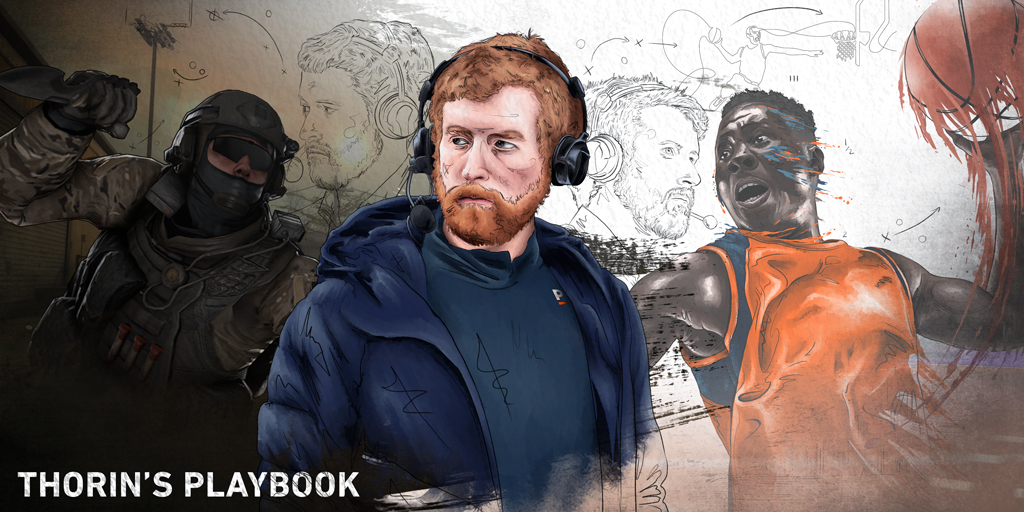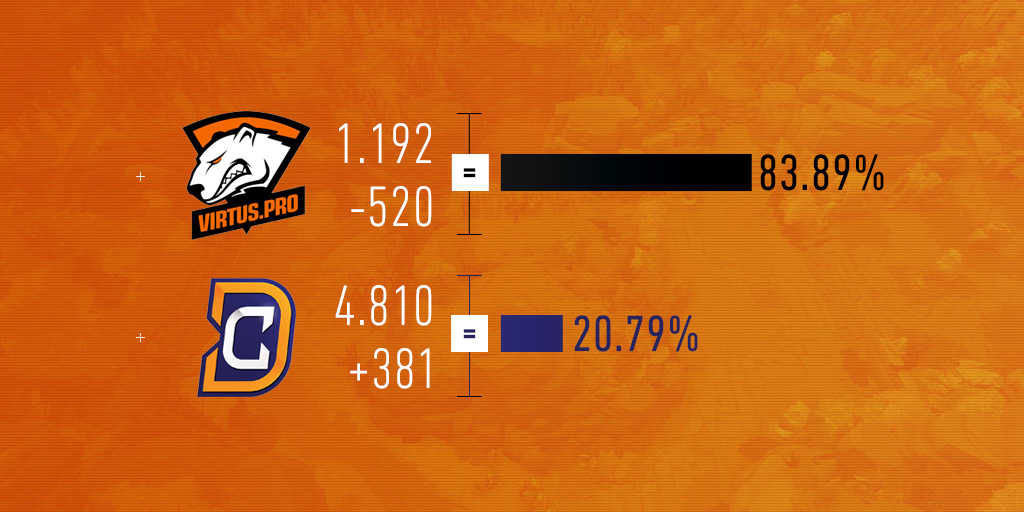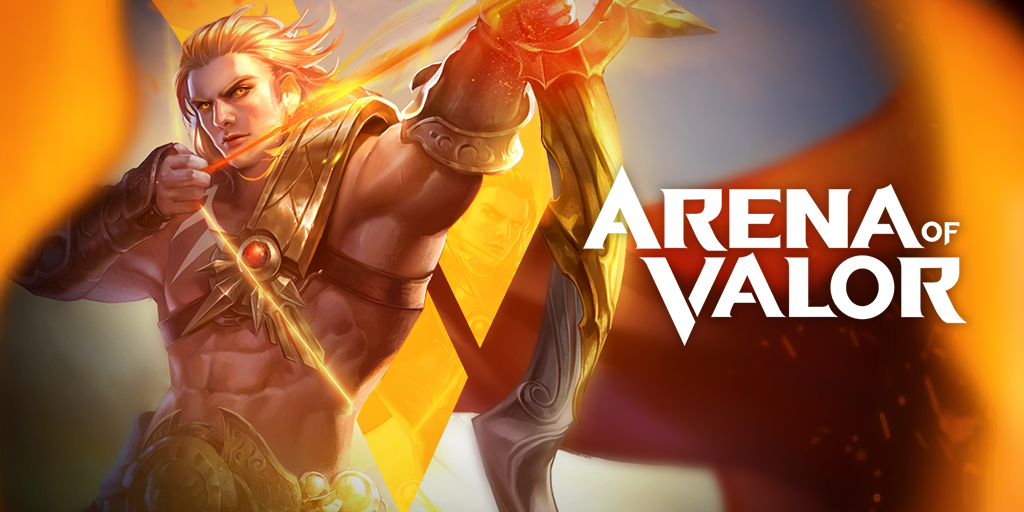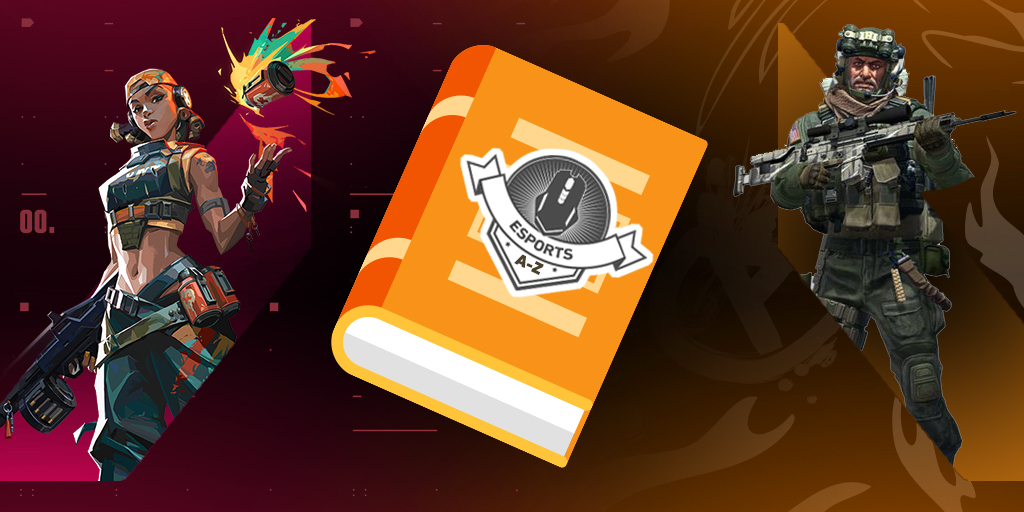In his latest column for Pinnacle Esports, Duncan “Thorin” Shields tells us how the biggest events in Esports and the NFL's Super Bowl use similar devices to build a compelling narrative.
The Super Bowl is the most widely recognised championship event in American sports. The zenith of the NFL's American Football season, it is a single game that determines the champions each year.
Would Eli Manning's 2007 epic upset have been so spectacular if the series had been a best-of-seven, and Brady's unbeaten Patriots could have won on consistency? It seems quite unlikely.
What is a championship, but the ultimate moment of truth? A day when no excuses matter. A day to be at your best, else suffer regret. Heroes are found where nobody suspected and great players sometimes have an off day that skews their career narrative for good. Those who steal a close game will forever believe in fate, while those who are denied in heart-breaking fashion question why they play at all.
Depending on where you are sitting, a championship can mean everything or nothing. If you don't care about American Football, then perhaps the significance of this game seems massively overblown and oversold. Perhaps for you the sports seasons blur into one and simply seem like a blockbuster rollercoaster for adults.
If you have followed the sport for many years, or have a deep love for it, then chances are the Super Bowl means so much more for you. Perhaps it represents a deep connection to family, home, and tradition - following the same team as your elder relatives, and theirs’ before them. For such people, the game itself stands as an avatar of their country, their people, and their heritage. Certainly much more than simply kicking and throwing a leather ball up and down a field.
Esports evolution
Esports has undergone its own path of evolution. What were once simply the best tournaments a particular organiser might be able to arrange, are now prestigious and historic events in their own right. They exude a significance that extends beyond the boundaries of the specific game, and even esports as a whole.
In games like Dota2 and League of Legends, the outline of the season is the same. Everything culminates in a final championship for the entire competitive field and the winner is crowned. Being the best over the rest of the circuit matters, but much less than being the one to win The International or the LoL World Championship.
- Read more from Thorin's Playbook: acoR & Nash - The Burden of the Superstar
In CS:GO, the ‘big moment’ has typically been a series of ‘big moments’ instead. With the exception of 2013, the first year of the official majors, and last year, when none were held due to COVID-19, Counter-Strike has traditionally had multiple majors per year. In 1.6 these were technically unofficial, with the game developer not organising them or giving them their stamp of approval, while in the modern era CS:GO averaged three majors per year and in recent years down-shifted to two.
Effectively these championships are treated as equally meaningful for one’s career, and thus are more in line with the grand-slam style circuits of Tennis or Golf rather than a traditional North American sports league with a final championship for each year.
For all the marbles
The most compelling and cruel component of the end-of-year championship, ever present in the stories of the Super Bowl each year, are the drastic highs and lows bestowed not just in the moment, but their ripple effect on the career narratives of the players in question. In this sense, esports comparisons are easy to find and begin to paint a picture of how much mental energy the participants of traditional sports and esports alike invest into these tournaments.
Perhaps the most important effect of the Super Bowl, a CS:GO Major, or The International is their immediate ability to draw the attention of those who don't religiously follow the game.
Try telling Aaron Rodgers this was a good season when he had an MVP-worthy campaign, got the home seed for the conference championship, and had his eye on a second Super Bowl ring. It's easy to see why it might feel as if it were all for naught now the whistle has blown and his Packers will be forced to wait again for another crack at it in a career which is clearly "on the back nine", as the man himself put it.
Similarly, Oleksandr "s1mple" Kostyliev has hotly contested the title of best player ever for numerous years now. Rest assured though, he is still thinking about the lack of majors won in his career. For the player who has everything else, and has seemingly done everything else, what would you expect? There's nothing there for him in hearing that he was the best player ever on the other days of the year, but when he made the final of a major it just didn't happen, or that his team was good enough on those other days but not during the major itself.
The toils of the great players are sometimes so tragic, with the best sometimes being denied championships no matter their individual abilities. Focusing on this perspective, it is easy to see why many players become embittered by the arbitrary nature of simply being judged on one specific day’s performance.
- Read more: The hidden depth of MMA and Counter-Strike
Similarly, though, this uncertainty is where we find the most epic of underdog stories birthed. Would Eli Manning's 2007 epic upset have been so spectacular if the series had been a best-of-seven, and Brady's unbeaten Patriots could have won on consistency? It seems quite unlikely.
The CS:GO equivalent for that scenario must be Cloud9's victory over FaZe Clan at the ELEAGUE Boston Major. A team with a “good enough” performance hits a streak of incredible form and rolls past better (on-paper, anyway) squads to win an historic championship in a one-of-a-kind fashion.
The microcosm
Perhaps the most important effect of the Super Bowl, a CS:GO Major, or The International is their immediate ability to draw the attention of those who don't religiously follow the game in question and potentially win them over as future fans.
When asked how one gets into a specific esports game, I often suggest my own method of finding a really good player or team that they can resonate with on some level - this could be from their style of play, or even as simple a matter as their personality and charisma - and then follow their journey. Along the way one will meet their rivals, see their ups and downs and in learning their strengths and weaknesses begin to model the game and the hierarchy of what makes a good player, and thus who is one.
In the final of the Super Bowl, or one of the big esports tournaments, we are introducing newer fans to either the best of the best, contending for the title as DAMWON Gaming did at this year's Worlds or Astralis did at the last CS:GO major, or the hottest underdogs, represented at those events by Suning and AVANGAR respectively. After seeing which is favoured by fortune, the viewer is primed to now follow a team and its players in the upcoming season.
This is why story-telling and narrative-building will remain more effective tools than even the best in-depth analysis. In the final battle of the season or most important tournament, the war of turning new fans to the plight of the great competitors begins and has its impact on who will be watching the next year's battle.







